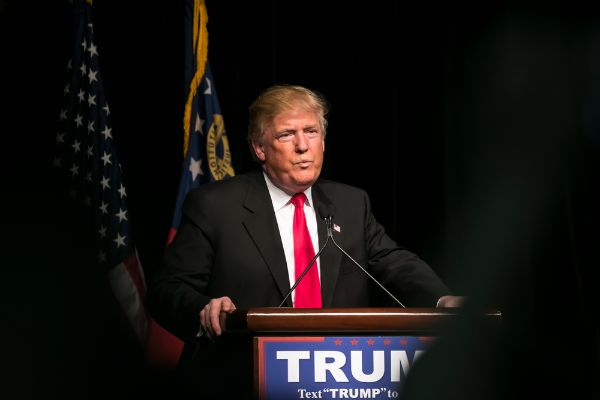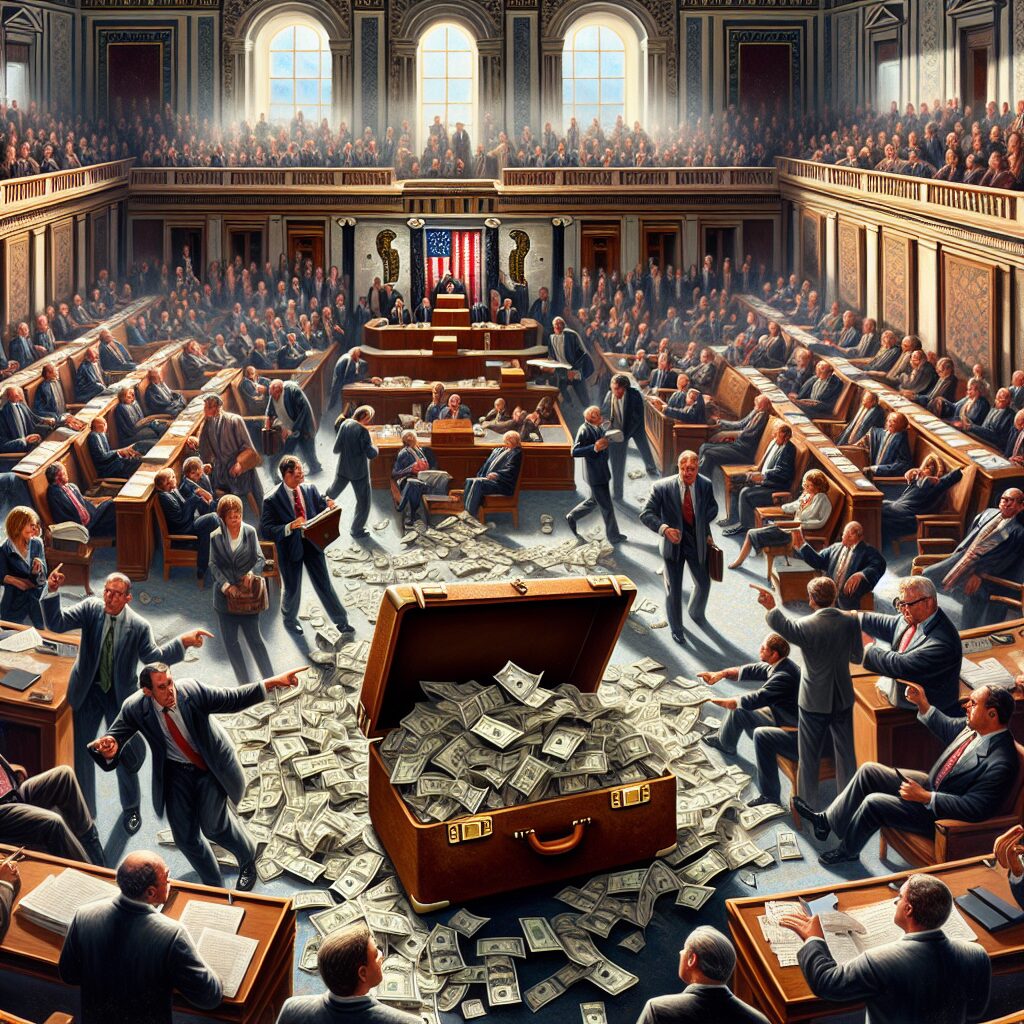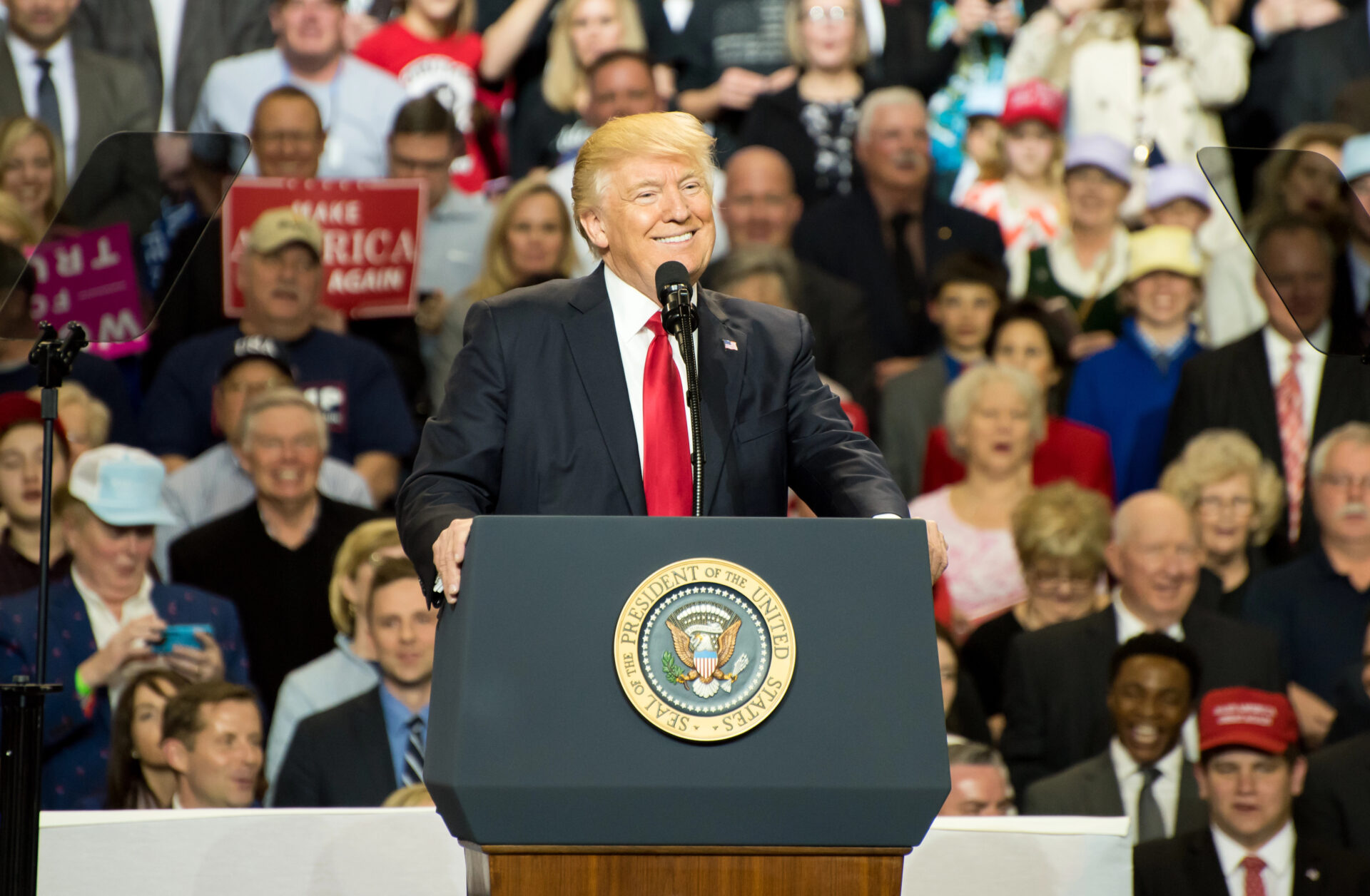Originally, this debate was planned as a crucial platform for Republican candidates to articulate their policies and vision post-Iowa caucuses. However, the organizers acknowledged that the success of the debate hinged on the candidates’ participation. Their aim was to foster a platform for a rigorous exchange of ideas among the Republican frontrunners, but this objective faced a major setback with the withdrawal of key participants.
Florida Governor Ron DeSantis had confirmed his readiness to attend, offering a glimmer of hope for a lively debate. In contrast, both Trump and Haley had remained non-committal, casting a shadow of uncertainty over the event. Trump’s absence was particularly notable as he has historically opted out of such debates, especially those not under the Republican National Committee’s banner.
The cancellation of the debate follows a string of withdrawals from the race, with former New Jersey Governor Chris Christie, Vivek Ramaswamy, and the former Arkansas Governor Asa Hutchinson stepping back after their disappointing performances in the Iowa caucuses. These withdrawals significantly thinned the field of candidates, further complicating the prospects of a meaningful debate.
The Iowa caucuses saw Trump emerging as a dominant force, securing a decisive victory. This outcome has set the stage for the upcoming New Hampshire primaries, scheduled for January 23. Current polls suggest that Trump is leading, with Haley in second place and DeSantis trailing in third. This latest development in the debate scenario adds a complex layer to the Republican primary race, already marked by strategic maneuvers and unpredictable dynamics.
The decision to cancel the debate reflects the changing political landscape within the Republican Party. As candidates recalibrate their strategies, the impact of such decisions on their electoral prospects remains to be seen. In the absence of this key debating platform, the candidates are now left to engage with voters through other channels, highlighting the importance of direct voter engagement and strategic communication in the run-up to the primaries.






